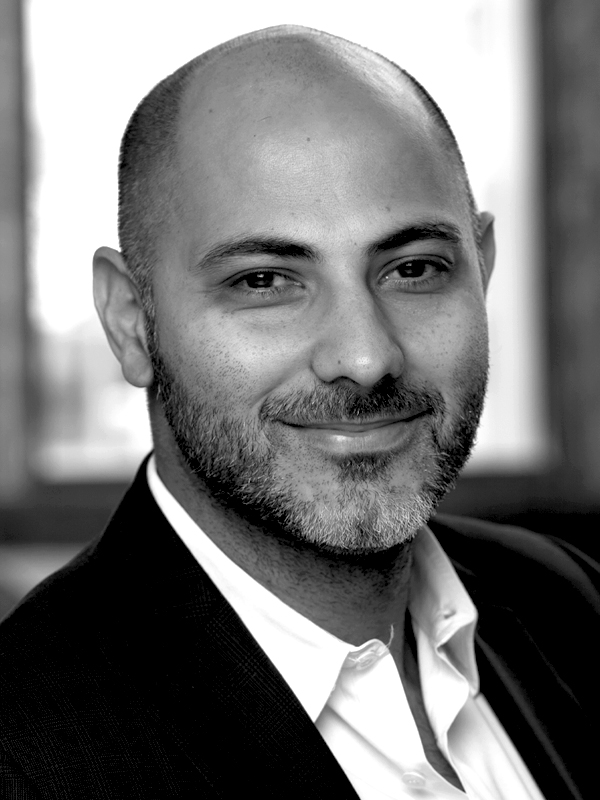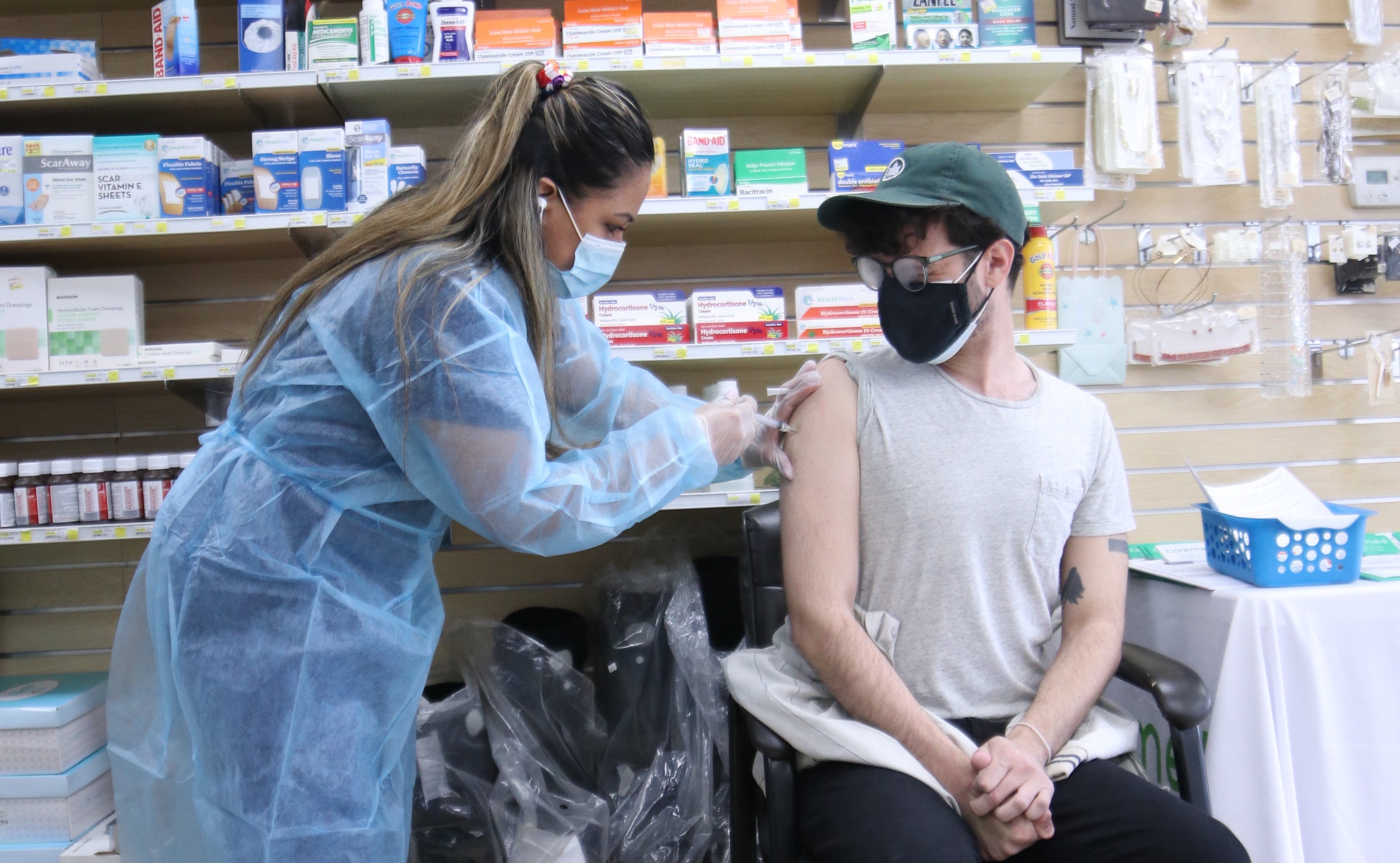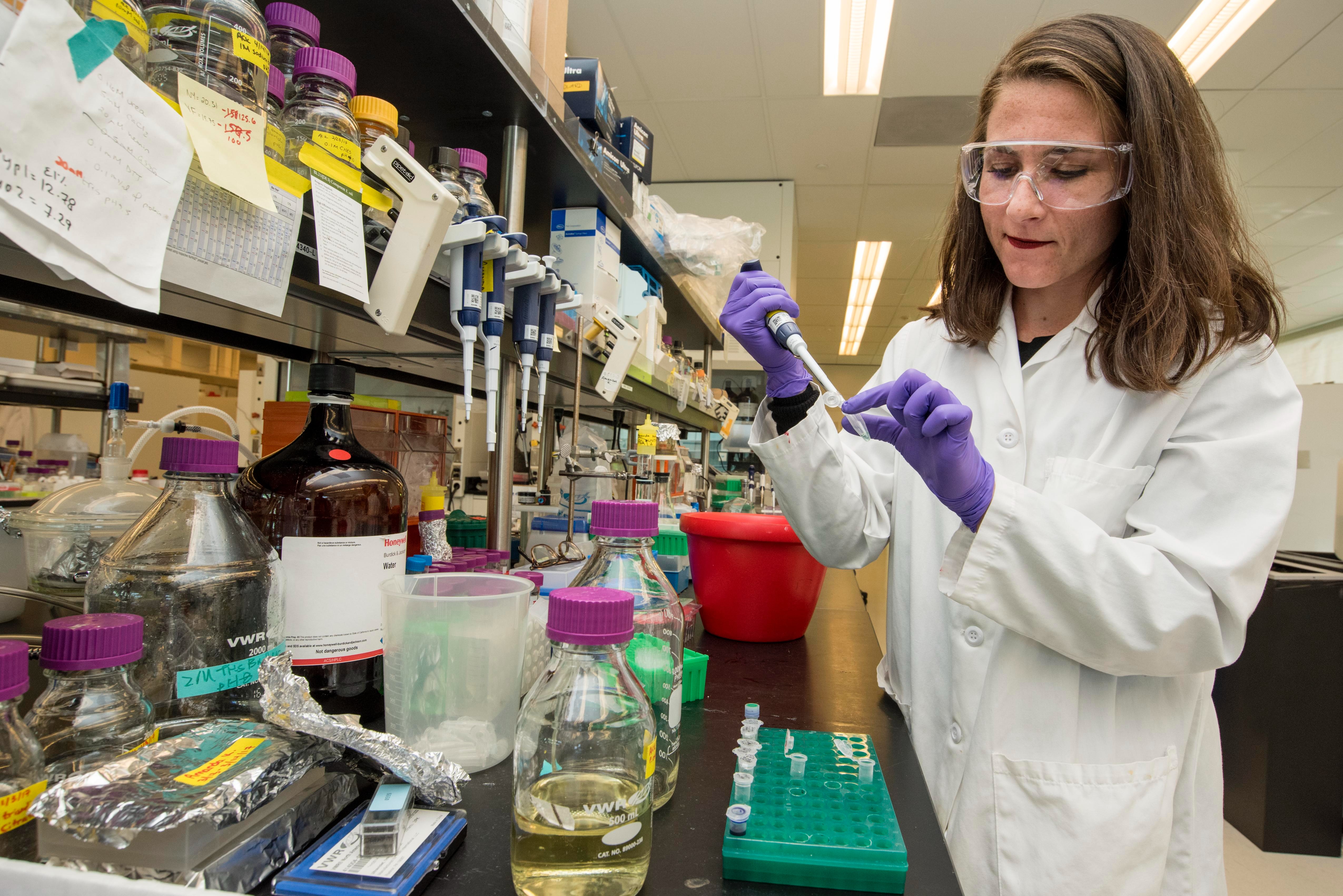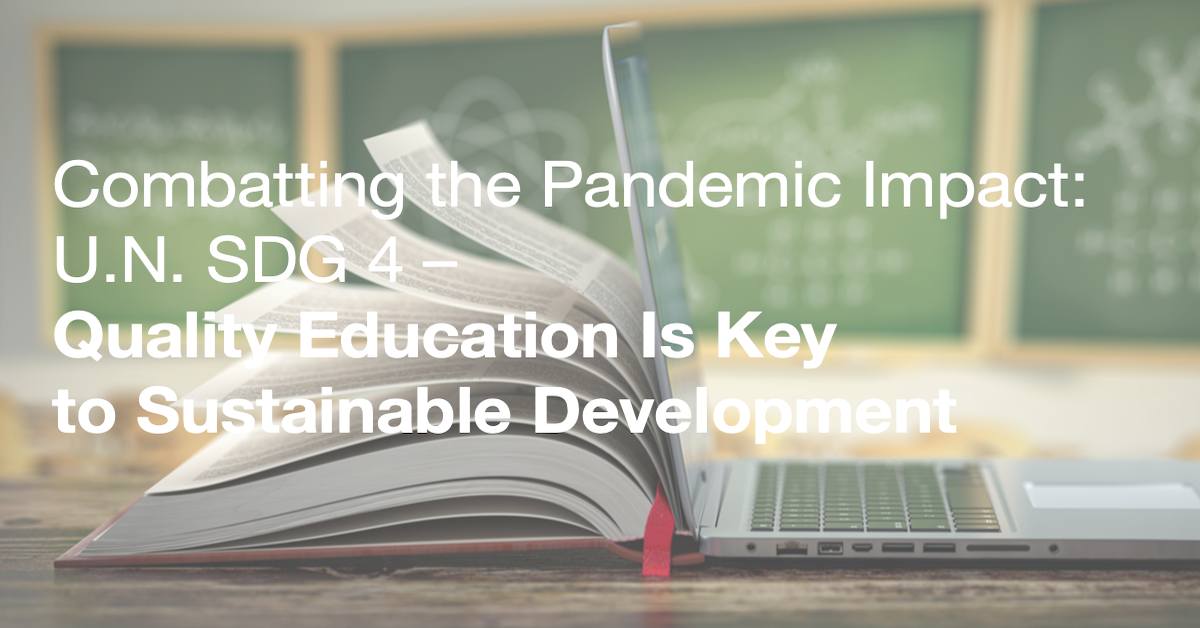As the Covid-19 pandemic caused widespread disruption in every industry, none felt the pressures of sweeping change and the critical need for frontline response more than healthcare. As healthcare professionals worldwide cared for escalating numbers of patients, the life sciences industry rose to the challenge with vaccine research that compressed into months what normally would take years to accomplish. As McKinsey observed, “The search for vaccines and therapies has been the most urgent and widespread the world has ever seen.”
Increasingly today, biopharma and medical technology (medtech) are in the spotlight—not only for what can be done, but also for how quickly it can occur. As McKinsey added, “Now is the time for companies to step back and reflect on how much has changed—and on what new factors will shape their decisions and actions in the years ahead.”
The efficiency and effectiveness of professional education to enhance and support this quickening pace of change are critical areas of focus for life sciences. Launching the latest breakthroughs from the lab to the marketplace requires intensive training of sales and marketing representatives and medical affairs personnel. Clinicians facing acute time pressures due to dramatic growth in new information and the ongoing shortage of doctors and nurses also need efficient and cost-effective professional development and education. Static training, such as often used for compliance, will not suffice. Professional training needs to become more robust and personalized.
In addition, there is an urgent need for mass education of patients on vaccines, given the variation in people’s attitudes and willingness to be vaccinated against Covid-19. Refusal to be vaccinated by a portion of the population could undermine the desired goal of herd immunity. To address this need, the Centers for Disease Control (CDC) has launched education resources for vaccine providers, such as on the potential for side effects and the benefits of vaccination. The Ad Council, a public interest advertising group, has also rolled out a massive public awareness campaign.
Pharmaceutical companies can help by providing expert information to the medical community, as well as outreach to patients. The need for patient education is ongoing and predates the pandemic; for example, Area9 has partnered with a large European pharma company to educate general practitioners on how to address vaccine hesitancy among their patients.
Training as a Competitive Advantage
In pharma and medtech, ongoing training is recognized as a competitive advantage. A rigorous approach is needed for sales and marketing training on new drugs and therapies, as well as additional indications (medical uses) for existing drugs. At the same time, the reality of the competitive marketplace means that sales and market representatives and medical affairs personnel must be trained in the most efficient way possible, so as not to slow time-to-market for new products coming out of R&D. As is if these challenges weren’t enough, there is also the fact that the individuals being trained vary in experience, background, and prior knowledge—as well as gaps in their knowledge. Such variations, coupled with a high bar for competency, demand a personalized approach.
The solution lies in advanced adaptive learning that harnesses the power of artificial intelligence (AI) to offer a highly personalized approach for learners. An example is the partnership between ScienceMedia and Area9 to bring ScienceMedia’s SMi Source™ therapeutic area training library, used by leading life sciences companies around the world, to the Area9 Rhapsode™ adaptive learning platform.
Moreover, adaptive learning can eliminate the “information overload” that occurs when employees are forced to consume an overwhelming amount of content and courses without any personalization to make the learning process more engaging, digestible, and relevant, given their current knowledge and experience.
Simon Brown, Chief Learning Officer of Novartis, observed, “One of the greatest problems in modern-day corporate learning is getting the right learning to the right person at the right time, to support them in their performance. The latest improvements in data, AI, and adaptive learning technologies can hold the key to unlocking immense value from companies’ learning and knowledge assets—proactively serving people with exactly what they need, targeted with precision to when they can best apply it.”
To learn more about a biopharma pilot training program and its results in detail, please see our white paper, “Pharma and Medtech Innovations and Complexity: Raising the Stakes for Professional Training.
By probing each learner’s current knowledge to uncover gaps, advanced adaptive learning solutions focus only on what each person does not know. Such personalization using adaptive learning creates a tutor-like learning experience at scale. Learners can achieve proficiency quickly, often in half the time compared to traditional learning methods. (To see an example of a comprehensive adaptive learning curriculum, check out our Laboratory Medicine courseware, which is well suited for laboratory and research staff at all levels—MD, PhD, and Medical Technologist (MT)).
Raising the Stakes on Training
As we look ahead, there will be even greater need for effective training for staff and external stakeholders, as technology is increasingly deployed in the life sciences industry. Add to that other challenges for healthcare leadership, such as health system costs, policy change and regulation, climate change and the impact on health, and the ongoing need to empower and educate patients.
In addition, life sciences companies are entering a new phase of discovery. Advances in genetic sequencing, along with exponential improvements in computing power, are aiding and accelerating the work of researchers. Large pharma firms are partnering with small research companies to pursue next-generation treatments, such as cancer therapies.
With the promise of more innovations and breakthroughs, biopharma and medtech companies must consider how their corporate training and professional education will keep pace. By investing in and adopting advanced adaptive learning, companies can provide personalized training to foster greater competence among sales, marketing, and medical affairs personnel—and, by extension, the clinicians and patients they serve.
Khurram Jamil, M.D., is President of Strategic Initiatives at Area9, where he focuses on regional expansions, joint ventures, and partnerships, and oversees projects for all levels of education and training. With more than 20 years of entrepreneurial experience, Dr. Jamil has successfully led dozens of teams of medical professionals and educational scientists, spearheaded large development and partnership efforts, and managed multi-million-dollar educational software development projects. He is also a council member of the Center for Global Education (CGE) at Asia Society, comprised of education and business leaders from Asia, the United States, and around the world.
Marc Berg, M.D., is Chief Clinical Advisor at Area9. Dr. Berg is an internationally recognized and respected clinician, scientist, and educator. He serves as Professor of Clinical Pediatrics (Critical Care) at Stanford University and Director of the REVIVE Initiative in Resuscitation Excellence at the Lucile Packard Children’s Hospital at Stanford. In teaching, he led the 2010 American Heart Association Emergency Cardiac Care Pediatric Subcommittee in producing Guidelines for Pediatric Resuscitation and the PALS and PEARS courses, taken by millions of learners worldwide.





